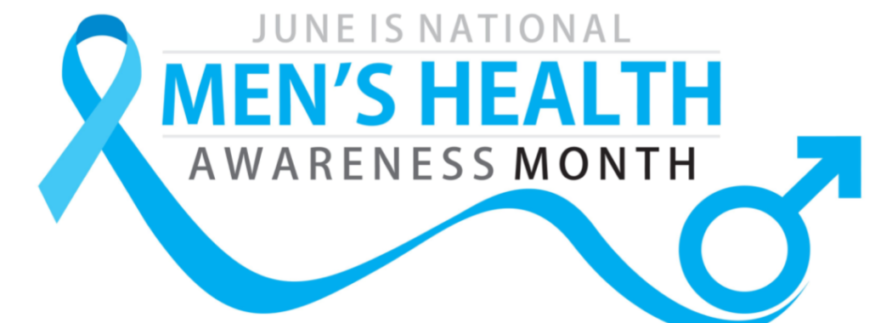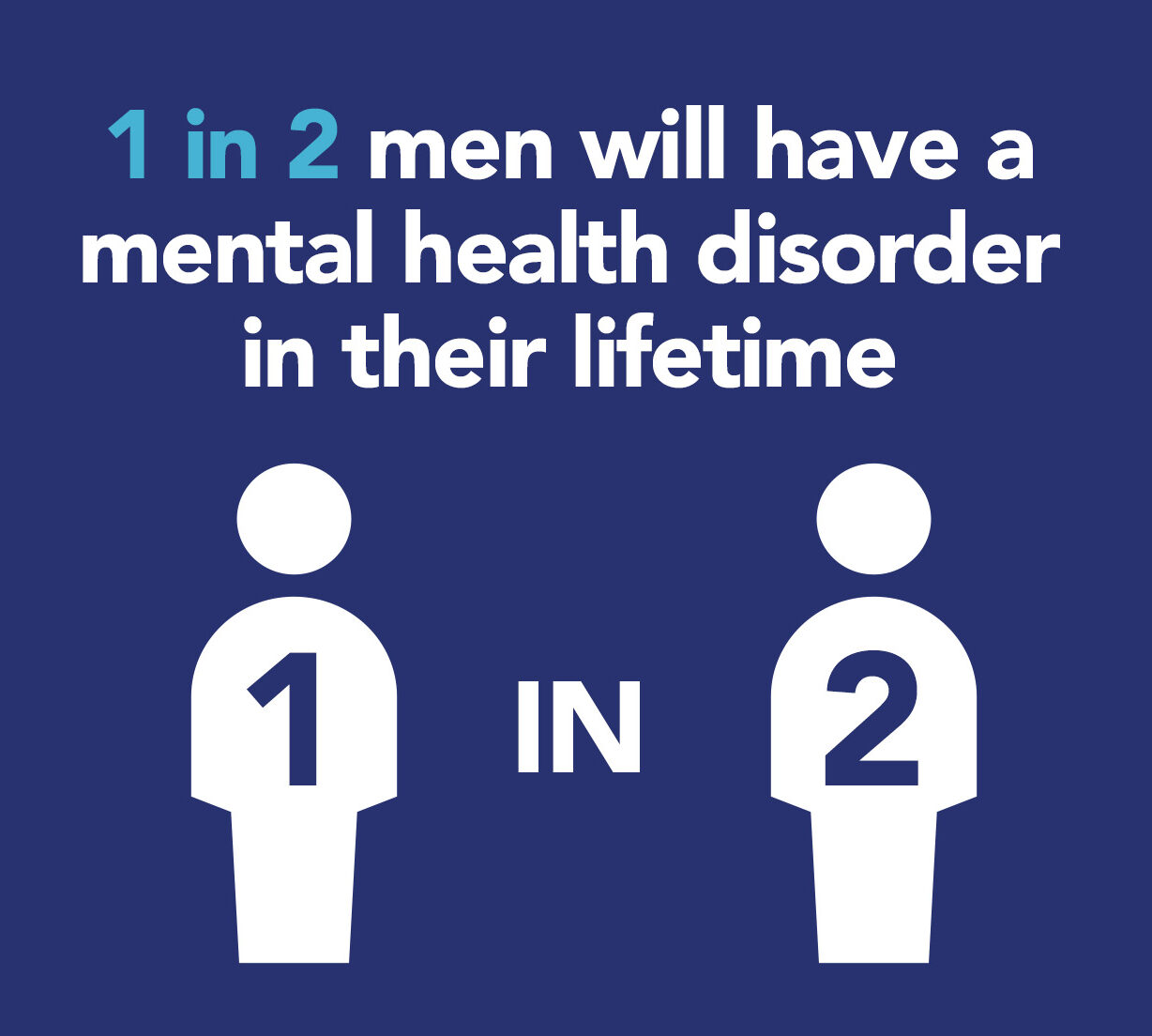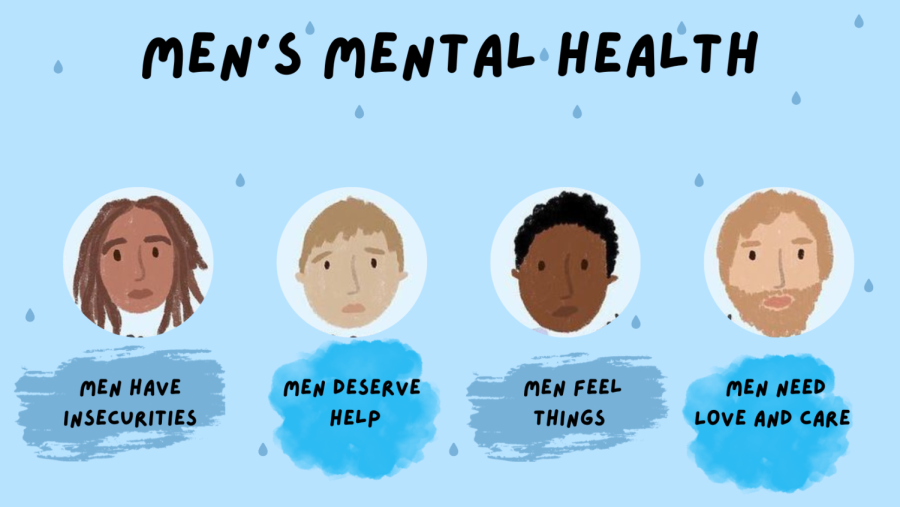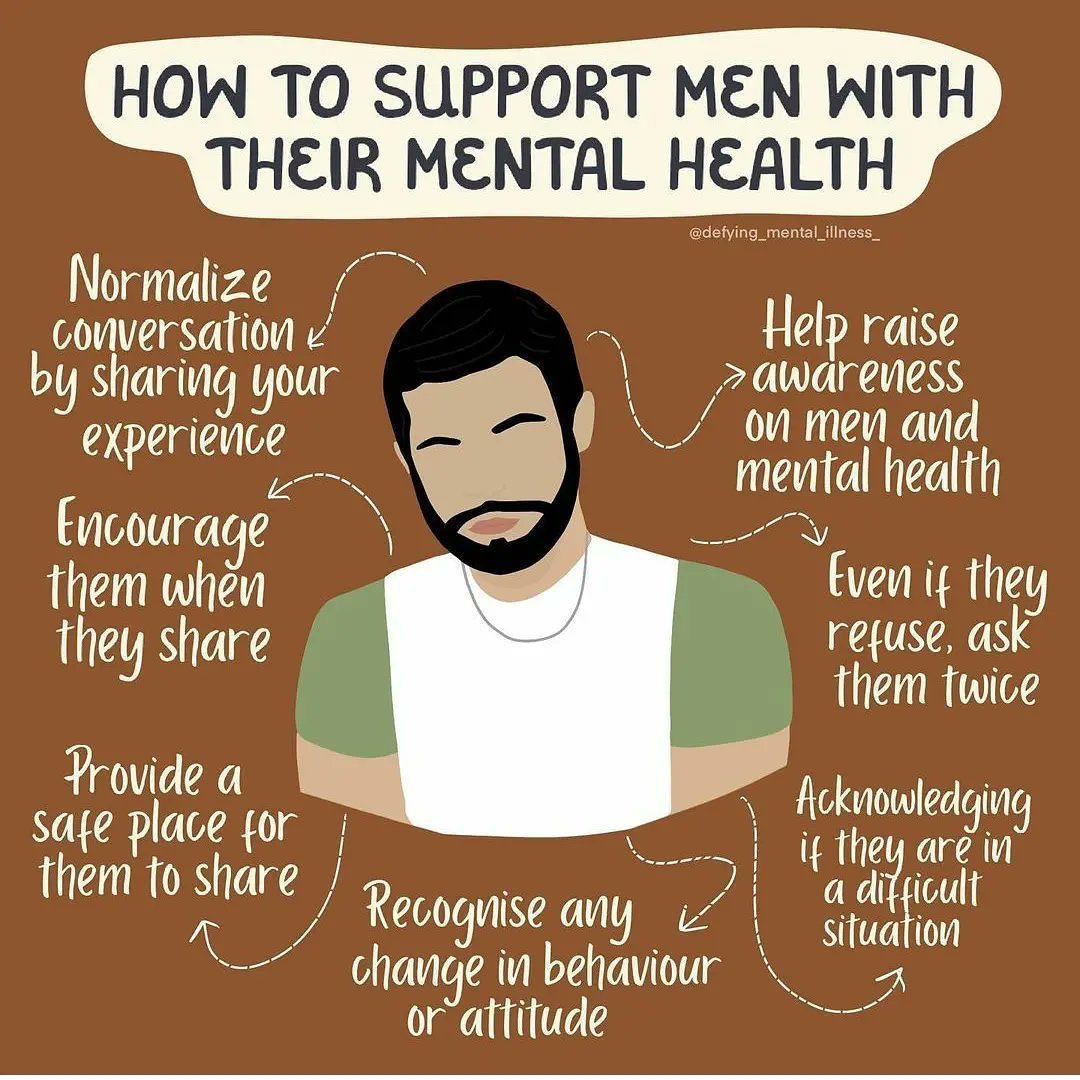Men’s Mental Health Week: Raising Awareness & Breaking Stigmas
mental health psychology Therapy wellbeing
Daniel William
Men’s mental health is commonly overlooked around the globe, let alone in Arab cultures. Even before the journey of change, we’ve debuted as a society, breaking one stigma at a time, we’d still justify a woman’s psychological problems by her periodical physiological changes. But it’s about time we started calling things by their name and addressing the societal perceptions we inherited and taught our children.
That’s why an entire week of every year is dedicated to men’s mental health, this year running from the 13th to the 19th of June. Men’s Mental Health Week takes place globally to spread awareness about improving men’s psychological well-being. It’s especially important since most men struggle to express their feelings, making them susceptible to sudden
outbursts.
With that said, this is our contribution to provoking thought and opening the gates of discussion regarding the importance of understanding what, when, and why men’s mental health is in jeopardy.

It has been statistically proven that several disorders affect men; some are even more prevalent than with women. This includes their higher tendencies towards addiction as they use it as a gateway for treating their psychological disturbances. Anxiety disorders also affect more men than women. These include but are not limited to generalised anxiety, social anxiety, and phobias.
Unlike the above-mentioned, depression affects men at a slightly lower rate, but its symptoms are more severe. This has been linked to the social shame associated with men’s mental health that prevents them from seeking professional help.

So, it’s about time we tackle the societal shame associated with men seeking psychological aid. When they need a surge of serotonin, many men take different routes, from exercising to aimlessly cruising or hanging out by the ahwa. However, some take up some not-so-healthy coping habits like overindulging in junk food, nicotine, or caffeine, which tend to increase their symptoms upon withdrawal.
That’s why we highly advise men to find an expressive and constructive method for improving their mental well-being, like journaling, writing, talking to someone, or better yet, seeking therapy. Sharing how you feel will help avoid the repression of emotions, which will rise in a sudden uncontrollable timing.

Having a week dedicated to raising awareness and acknowledging the importance of discussing men’s mental wellness helps with reducing the stigma surrounding it. It also allows men who are currently struggling not to feel alone, embarrassed, or whatever emotion they are feeling.
recommended
 City Life
City Life
Weekend Guide: Ramy Sabry, Ilmond, Zaid Khaled, Taxi El Sahra, Chamber Music Concert, Trivia Night & More
Concerts Dance Night +4 Arts & Culture
Arts & Culture
Art Workshops in Cairo: 6 Art Spaces Offering Niche Artistic Workshops in Cairo
art workshops Cairo Activities +1 Arts & Culture
Arts & Culture
The Coptic Museum: The History of Egypt to the Tunes of Psalms of David
arts & culture cairo museums +4 Health & Fitness
Health & Fitness

